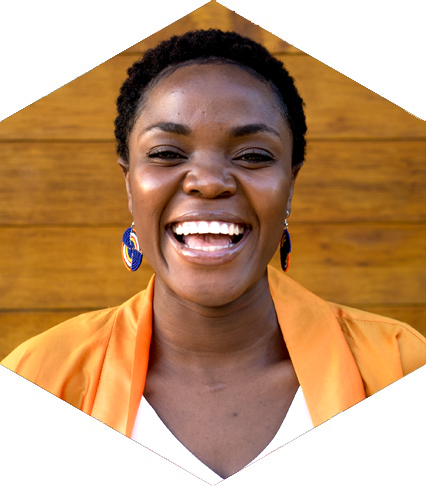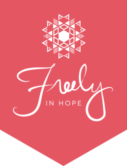Too many of us know a survivor of sexual assault.
It could be a friend, a family member, or someone we know within our community. As advocates against sexual violence, we must surround survivors with support so that they can find healing and thrive. Advocating with survivors in our life is a journey that is incredibly nuanced with beautiful lessons along the way. If you want to learn how to support survivors better, here are 4 tips on how to advocate for survivors of sexual assault, written from a survivor’s perspective.
1. Don’t tell me what is appropriate behavior for a survivor. I am more than my experience.
What is acceptable behavior for a survivor? And whose decision is it to make? After a survivor experiences sexual violence, those claiming to advocate for them often have expectations for their behavior. This may include whether or not we want a partner, our sexuality, the way we tell our stories, or what we should wear. No matter what your intentions are as an advocate, no one except the survivor has the right to decide what their lifestyle should look like. Passive comments that assume, dictate, or expect how survivors should behave may contribute to the stigma around survivorship and inhibit healing. The best way to support a survivor is to let them decide what their own identity and healing look like.
2. Let me take the lead. I know what's best for me to heal.
When a survivor is dealing with the effects of trauma, they feel helpless. When advocates try to offer help, it sometimes feels condescending because survivors desire to help themselves. Having control over our own healing process means a lot, and an advocate’s job is to help us move in the direction we desire to go. When we are given the freedom to choose to participate in interviews or to share the nuances of our stories, those decisions contribute to regaining control and autonomy over our own stories. Many survivors don’t have that opportunity. Not all survivors want to become survivor-influencers, and some may not want to go to court. Let the survivor tell you what they need. They might feel safe opening up or they might feel safe in silence.
3. Take care of yourself first. You will cause me more harm than good if you don’t.
You cannot give to others what you don’t have. It can be easy to forget that you are human and will become exhausted by the reality of advocacy work, but this does not mean you are weak. If you are neglecting your own mental and physical care and find yourself empty, it is okay to say, “I don’t have the capacity to care for someone else right now.” By taking the necessary measures to keep yourself rested and filled, you, as an advocate, are setting a positive example for the survivor. When you prioritize your own health first, you will have the ability to hold space for the survivor to heal as well.
4. As you take this journey with me, know that healing is not linear.
When Freely in Hope advocated with me 11 years ago, I wanted therapy and education to further heal. But as time went on, my needs evolved, and there was a year when my greatest need was a social life. And in my current season, I am no longer running away from my problems or my loneliness. I am not trying to find distractions anymore, but I am embracing the season I’m in and rely on myself to find contentment. For 11 years, Freely in Hope has seen the rollercoaster of evolution and growth within me. The survivor needs change, and what they need or don’t need has nothing to do with you, so do not blame yourself as an advocate. A huge part of the survivor-advocate relationship is communication. Survivors must overcome the embarrassment of asking for support to prioritize healing. But sometimes the survivor doesn’t know what they need. Advocates must learn that you can never do the work of healing for them, the survivor has to want to heal for themselves. It’s normal for survivors to worry that they’re a burden. Trust that whatever you’re doing is enough, whether it’s just listening or making food for them.
There will be high and lows in this journey. Thank you for holding space for survivors through it.
Jean Nangwala

Jean’s passion for social justice stems from her personal experience of injustice and witnessing the same inequality across the globe. She holds an undergraduate degree in psychology and a minor in media studies. During her undergraduate studies, Jean volunteered at a juvenile facility and witnessed the gravity that broken systems have on the lives of the vulnerable. Her passion is exploring new policies which will help alleviate systems that perpetuate social injustice. She is currently interning with a United Nations affiliated organization and works with the United Nations Ecumenical Women Initiative in New York City. Her dream of working for the UN will allow her to continue her mission of empowering women to bring critical changes to society.




